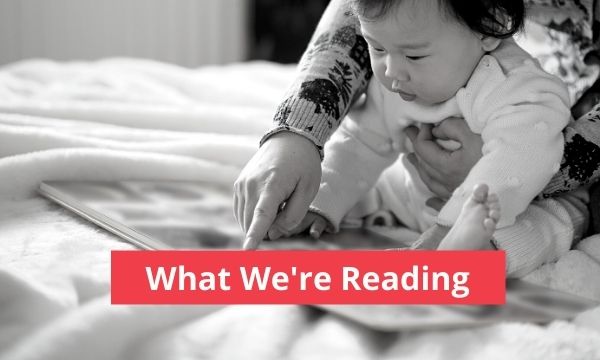As expected, the COVID-19 pandemic set back state preschool enrollment and funding across the country, according to the 2020 edition of The State of Preschool Yearbook by the National Institute for Early Education Research (NIEER) at the Rutgers Graduate School of Education, released earlier this month.
Oregon had achieved an increase in enrollment and inflation-adjusted spending prior to the pandemic, and is poised to continue to make headway on preschool access by funding the Governor’s recommended expansion of Preschool Promise, Oregon Pre-Kindergarten, and the Equity Fund during the 2021 legislative session.
But nationally, the report found that:
- Growth in state-funded preschool was slowing before the pandemic.
- The pandemic imposed serious setbacks and reversed recent progress.
- Uneven progress among states is worsening inequality in children’s access to high-quality preschool.
- Most states spend too little per child to support high-quality, full-day pre-K and few reach all their 3- and 4-year-olds.
NIEER says now is the time for a renewed commitment to high-quality preschool for all, beginning with those in the lowest-income families.
“Oregon is one of a small number of states approaching levels of per-child spending adequate to truly support high-quality preschool,” said Steven Barnett, Ph.D., NIEER’s founder and senior co-director.
Dana Hepper, CI’s director of policy and advocacy, adds, “Oregon’s per-child spending reflects the progress we’ve made toward achieving funding parity with K-12 schools — which would mean preschool teachers were paid on the same scale as elementary teachers, and full school-day programs were available to 3- and 4-year-olds.”
Federal/State Partnership Needed Beyond COVID Rescue & Recovery Dollars
Nationwide, enrollment in state-funded preschool increased slightly in 2019-2020, but took a hit in 2020-2021 as many programs closed or only offered virtual learning and parents were hesitant to send children to in-person school during the pandemic.
“For nearly 20 years, annual progress on preschool has been slow and uneven, and at this pace universal pre-K will remain an unfulfilled promise into the next century,” said Barnett. “Beyond federal rescue and recovery dollars for the short-term, we need a new federal/state partnership to accelerate progress toward high-quality pre-K beginning with the most disadvantaged children, many of whom still receive no pre-K at all. This would require that federal and state governments steadily increase spending on pre-K during the next 30 years, expanding programs to reach all 3- and 4-year-olds, beginning with the many children in low-income families who still do not attend pre-K.”
As with last year, the survey reveals bipartisan support for preschool across the country, with both “red” and “blue” states among the nation’s leaders in high-quality preschool. That offers hope that the nation can move ahead to expand access more rapidly in the future.

